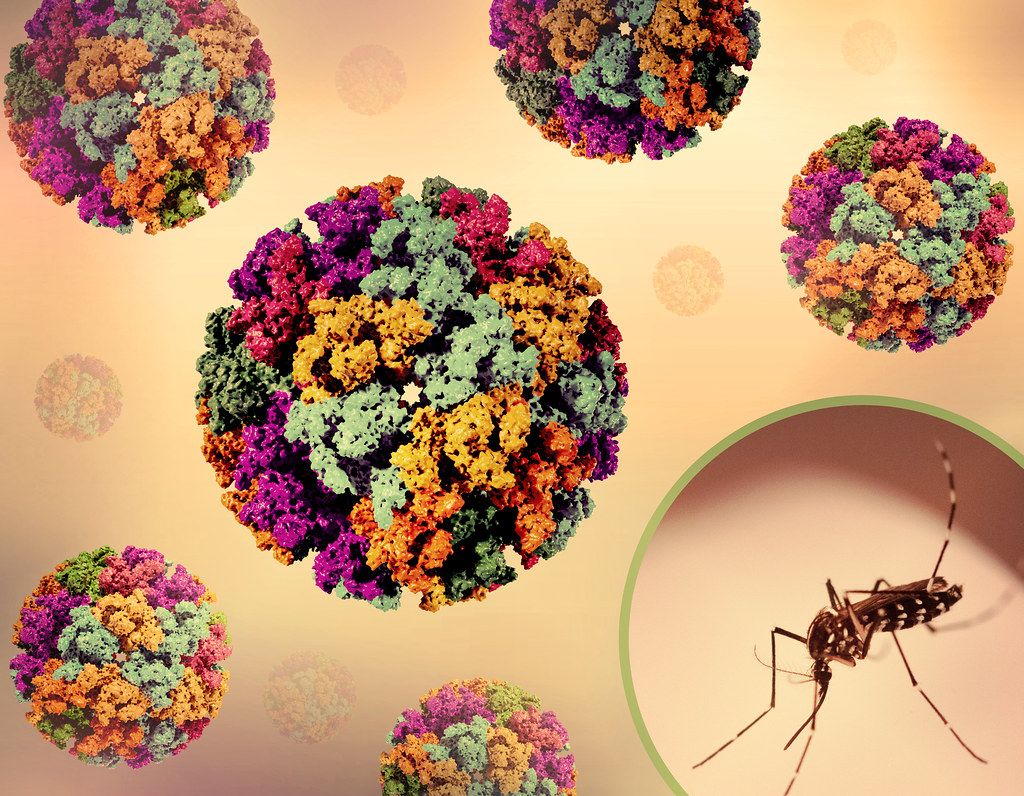
As Chikungunya cases rise in 2025, it’s more important than ever to understand how this mosquito-borne virus works, where it’s spreading, and how to stay protected — especially for travelers visiting tropical regions.
🧬 What is Chikungunya?
Chikungunya is a viral disease transmitted to humans by infected Aedes mosquitoes, the same type that spreads dengue and Zika. The virus was first identified in Tanzania in the 1950s but has since spread globally, especially in tropical and subtropical climates.
Common symptoms include:
- High fever
- Severe joint and muscle pain
- Rash
- Headache and fatigue
Symptoms typically appear 4–8 days after a mosquito bite and can last for days to weeks. While fatalities are rare, the joint pain can linger for months in some cases.
🌎 Where is It Spreading Now?
In 2025, cases of Chikungunya have surged in several countries, including:
- India – Particularly in the southern states during the monsoon season
- Brazil – Clusters reported in urban centers
- Indonesia and the Philippines – Rural outbreaks reported
- Sub-Saharan Africa – Endemic zones experiencing spikes
Climate change and urbanization are expanding the habitats of Aedes mosquitoes, increasing the risk of large-scale outbreaks.
🛡️ How to Protect Yourself
There is currently no vaccine or antiviral treatment for Chikungunya. Management focuses on rest, fluids, and medications like paracetamol to reduce fever and pain.
Prevention Tips:
- Use insect repellents containing DEET or picaridin
- Wear long sleeves and pants, especially in mosquito-prone areas
- Sleep under mosquito nets, particularly in rural or poorly ventilated areas
- Remove stagnant water sources where mosquitoes can breed
✈️ Advice for Travelers
The World Health Organization (WHO) recommends that travelers heading to outbreak-prone areas take mosquito precautions seriously. If you develop symptoms during or after travel, seek medical care and inform your doctor of your travel history.
🔍 Public Health Response
Governments in affected countries are conducting mosquito control programs, issuing travel advisories, and strengthening community awareness. Researchers continue working on vaccine development, but experts say prevention remains the most effective tool for now
